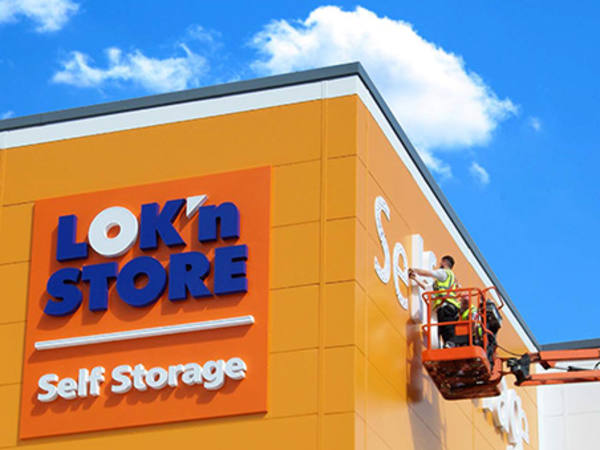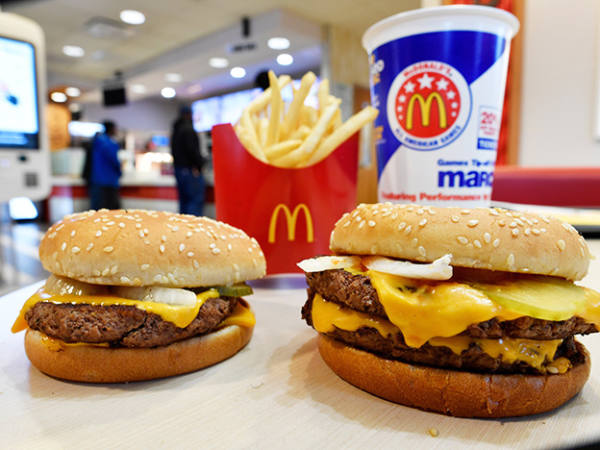• Both Unilever and Reckitt Benckiser are experiencing cost inflation
• Plans to raise prices in H2 but margin guidance has still been lowered
Transport and housing drove the UK's inflation uptick in the latest numbers, but the interim reports from key consumer goods companies Unilever (ULVR) and Reckitt Benckiser (RKT) show house and beauty staples could be added to the price hike list. Both giants took a profit hit in the first half from driver shortages and the rising costs of packaging and oil, with plans to increase pricing coming too late to rescue the full-year numbers as well.
Companies further up the supply chain are protecting their bottom line, however.
Packaging company Mondi (MNDI), which supplies both Unilever and Reckitt, had to increase its own pricing because of increases in oil, fibre and wood. So far it has been more successful than its customers at passing its costs on, but for this to continue it will need its retail clients to squeeze consumers more than they have so far.
Unilever’s underlying operating margin dropped 100 basis points to 18.8 per cent in the first half due to a rise in “raw material, packaging, and distribution costs globally”. It referenced costs across all its products and geographies, with Beauty and Home Care seeing the biggest hit to margins, down 220 and 130 basis points, respectively.
The company has highlighted "structural" inflation in packaging as a long-term theme because of the rise in online sales, compared with the "cyclical" hit from higher commodity prices. Finance chief Graeme Pitkethly said the "e-commerce trend is locked in and won’t wind back, [and has] an impact on packaging costs". He said the concurrent highs in palm and crude oil and soybeans was a "rare event". Soy is up 80 per cent on last year.
The company now expects full-year operating margin to be around flat at 20 per cent. Analysts are even more pessimistic, with a consensus forecast of 18.6 per cent for 2021.
Reckitt’s results followed a very similar pattern. Its operating margin was down 290 basis points to 21.6 per cent “as a result of planned investment, cost inflation and adverse margin mix”. Cost inflation accelerated in the second quarter and it won’t be able to offset it with pricing action until the back end of this year or the beginning of next year. Due to this lag, it has adjusted its margin guidance to between 22.7 per cent and 23.2 per cent. This is 40 to 90 basis points lower than its guidance in the 2020 end of year results.
Both companies have said they are planning to increase prices to offset these rising costs. In the past, investors would have been confident that giant consumer companies would easily be able to do this because of the strengths of their brands. However, analysts at AJ Bell aren’t confident, saying that “Unilever’s results showed that wasn’t quite the case, and that Reckitt has poured cold water on that theory”. The market clearly agrees, with Unilever’s share price down 4 per cent and Reckitt’s down 9 per cent since their results, against a 3 per cent rise in the FTSE 100.
The concern if their pricing strategies aren’t successful is that inflationary pressures are showing no signs of abating, with packagers planning further price increases in the second half of the year. “We saw a meaningful 8 per cent increase on the cost base, some of that is a function of Covid and we are already seeing it stabilising, however we are still expecting further inflationary pressures in the second half,” said Mondi CEO Andrew King.
Economists are debating how long the inflationary pressures will last. Some think they will be short lived as the pandemic-induced supply bottlenecks ease, while others think we could fall into a long-term wage price spiral due to the huge government stimulus.
Howard Marks from Oaktree Capital said investors should be agnostic on this as “most macro forecasts turnout to be either unhelpful consensus expectations or non-consensus forecasts that are rarely right”. Instead, he says, successful money managers “invest from the bottom up, one investment at a time”.
Investors should therefore not let inflation fears effect their wider asset allocation. Instead, they need to think about how it impacts the individual companies in their portfolio. In the case of Unilever and Reckitt, their success over the next year is dependent on their ability to pass on the rising packaging costs that are coming down the road. If they can’t convince consumers to pay more, market share will drop and their current gloomy valuations will continue. Any downward pressure on sales would certainly roll up the supply chain, although Mondi and other packaging companies are insulated by their broader e-commerce exposure.







